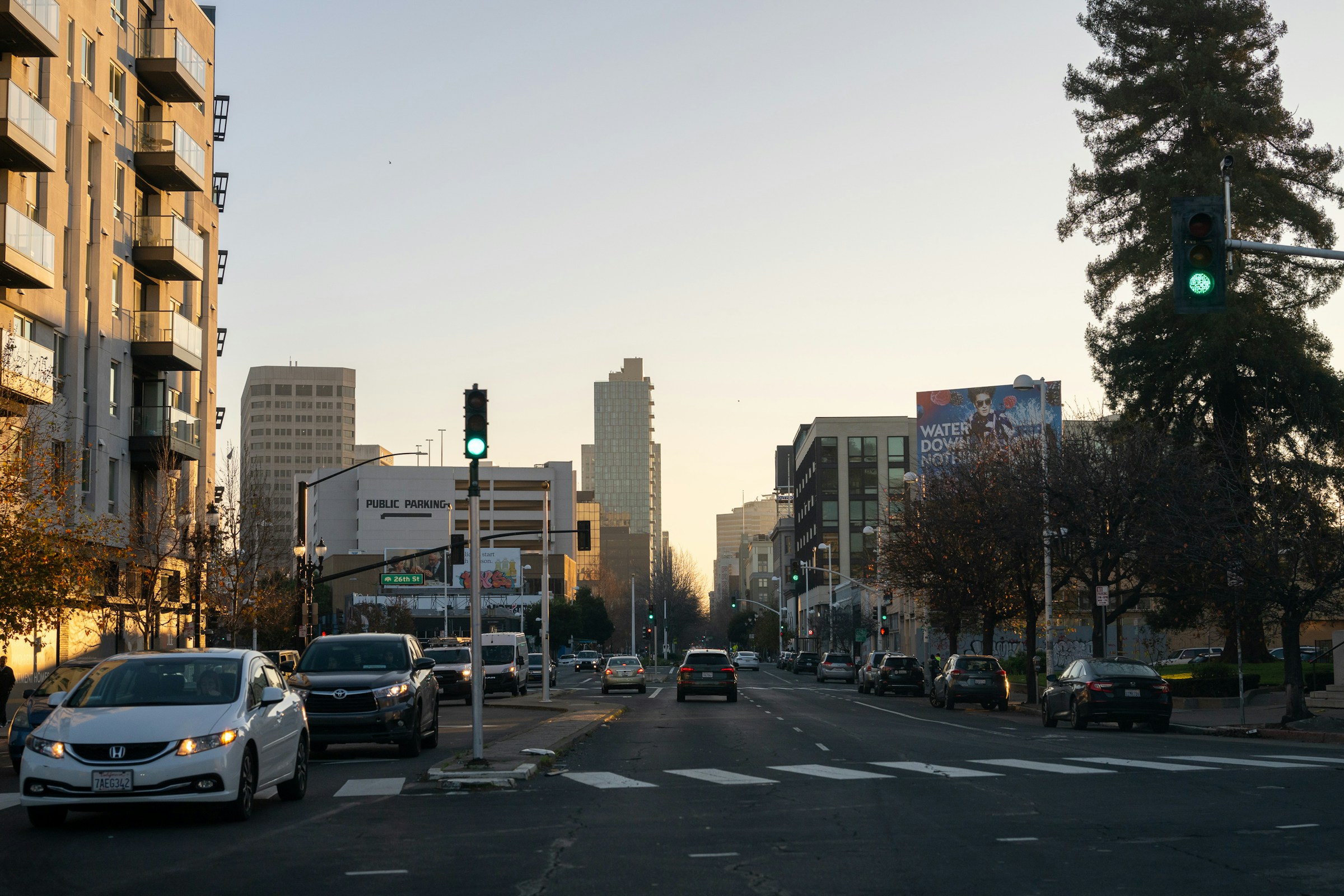California roadways saw nearly 3600 road accidents in 2023, with tens of thousands of injury crashes disrupting lives statewide. Knowledge of your legal rights after a collision dramatically affects compensation outcomes. The first hours following an accident create the foundation for your entire claim. This guide walks you through essential steps to protect yourself legally after a California car crash.


Immediate Steps at the Accident Scene
Safety comes first after any collision. Move to a secure location if possible and safe to do so. Call 911 immediately, especially with injuries or significant property damage present. California law requires police reports for accidents with injuries.
Document everything at the scene:
- Take comprehensive photos of vehicle damage, road conditions and relevant traffic signs.
- Record the names and contact information of all drivers involved.
- Collect the insurance information from other parties.
- Note the badge numbers of responding officers.
- Gather contact details from witnesses.
Witness statements often become crucial evidence. Gather contact information from anyone who observed what happened before they leave the scene.
Medical Considerations
Seek medical evaluation promptly, even without obvious injuries. Many severe conditions like internal injuries or concussions display delayed symptoms. Research indicates approximately 40 percent of car accident victims develop symptoms days after the incident. Request copies of all medical records for your personal files to use as evidence later.
Reporting Requirements in California
The law in California requires reporting to the DMV within 10 days of the accident. This is especially true for cases where property damage was over $1000 or there was a fatality. Not filing this report can lead to license suspension. Inform your insurance company within 24 to 48 hours from the moment of the accident
Dealing with Insurance Companies
California operates under a fault insurance system where the responsible driver pays for resulting damages. Insurance adjusters work to minimize company payments. Keep communications factual and brief during interactions. Avoid discussing fault or providing recorded statements without legal advice first.
Evidence Preservation
Maintain organized records of everything related to your accident. Save medical bills, treatment records, repair estimates, towing receipts and rental car costs in a secure location. Document missed workdays and calculate lost wages with pay stubs or employment records. Start a daily journal noting pain levels, activity limitations and emotional impacts of your injuries. California courts recognize these materials as valid evidence in determining compensation.


Understanding California-Specific Laws
In California, personal injury claims have a two-year statute of limitations from the date of the accident. You have three years to bring legal action for property damage claims. California’s pure comparative negligence laws let one recover even when partly to blame for an accident.
Court precedent says your compensation declines by your fault percentage. Consider legal representation for serious injuries, disputed liability cases, uninsured motorist situations, or insurance company bad faith actions. Look for lawyers with specific experience handling California car accident cases.
Conclusion
The steps taken immediately after a California car accident directly impact your ability to receive fair compensation for injuries and damages. Document everything thoroughly, seek prompt medical care, meet all reporting deadlines and consider legal representation for serious cases. Following these guidelines gives you a good shot at protecting your rights after a car accident in California.
Article Last Updated: April 29, 2025.


